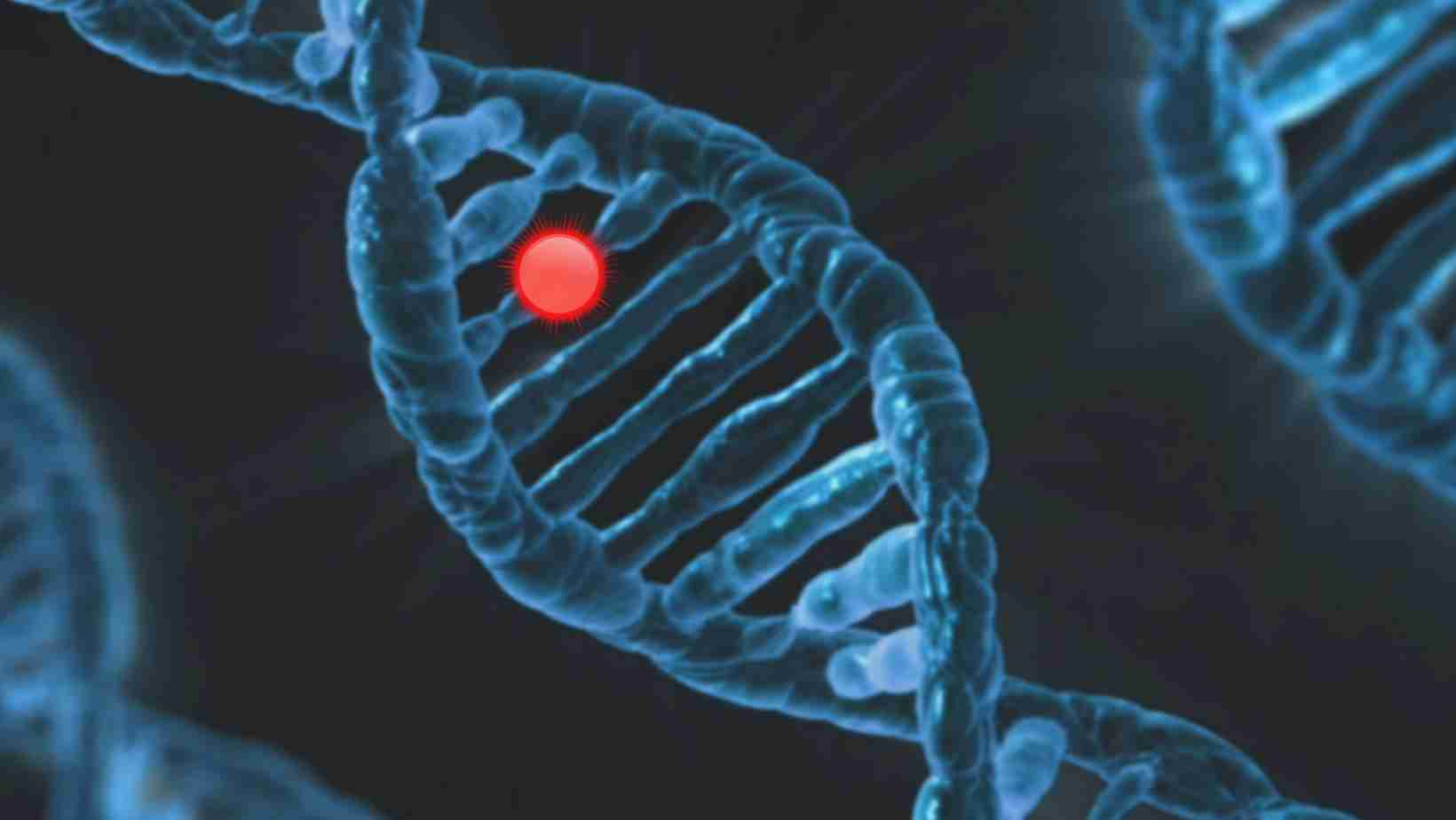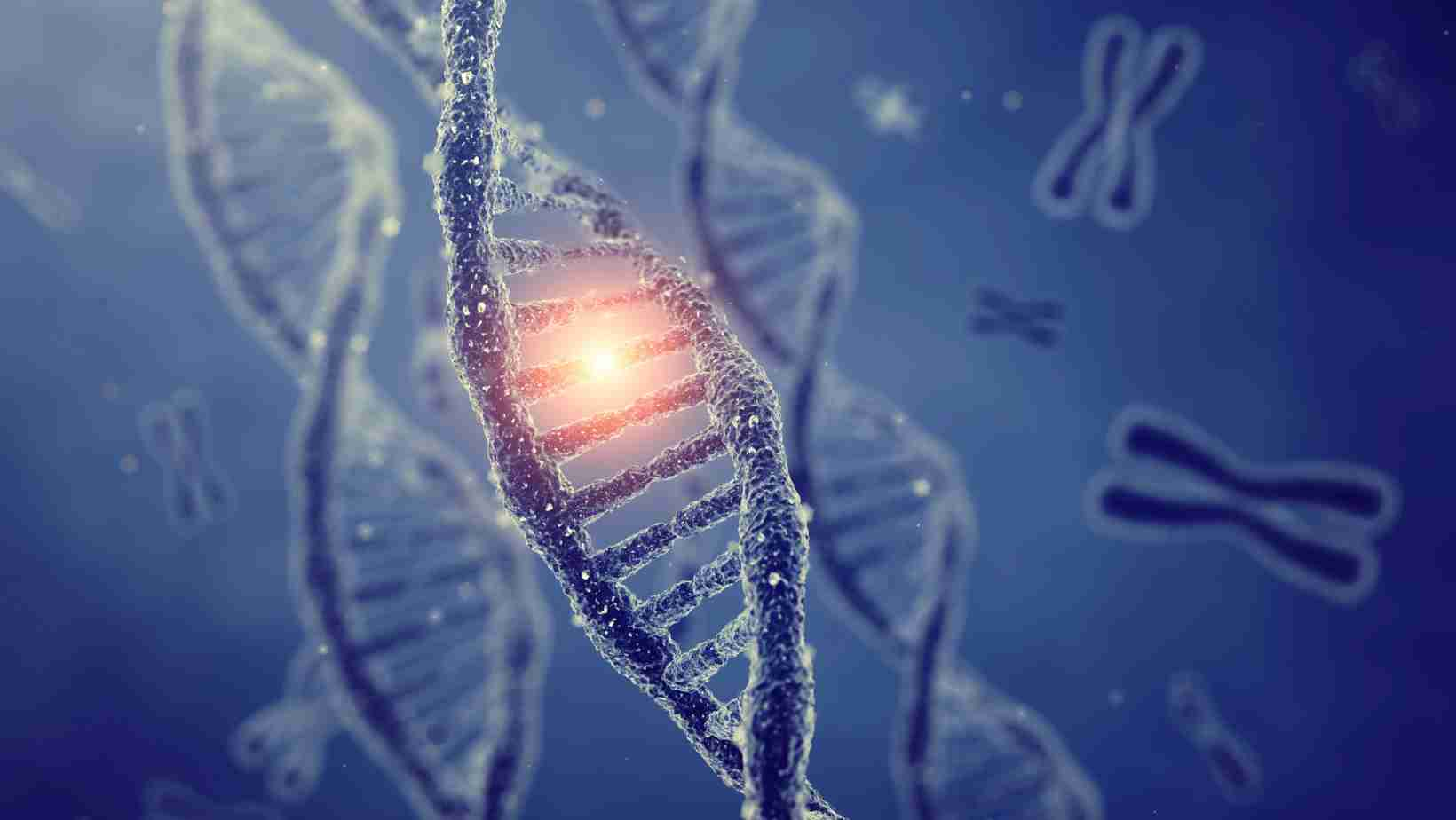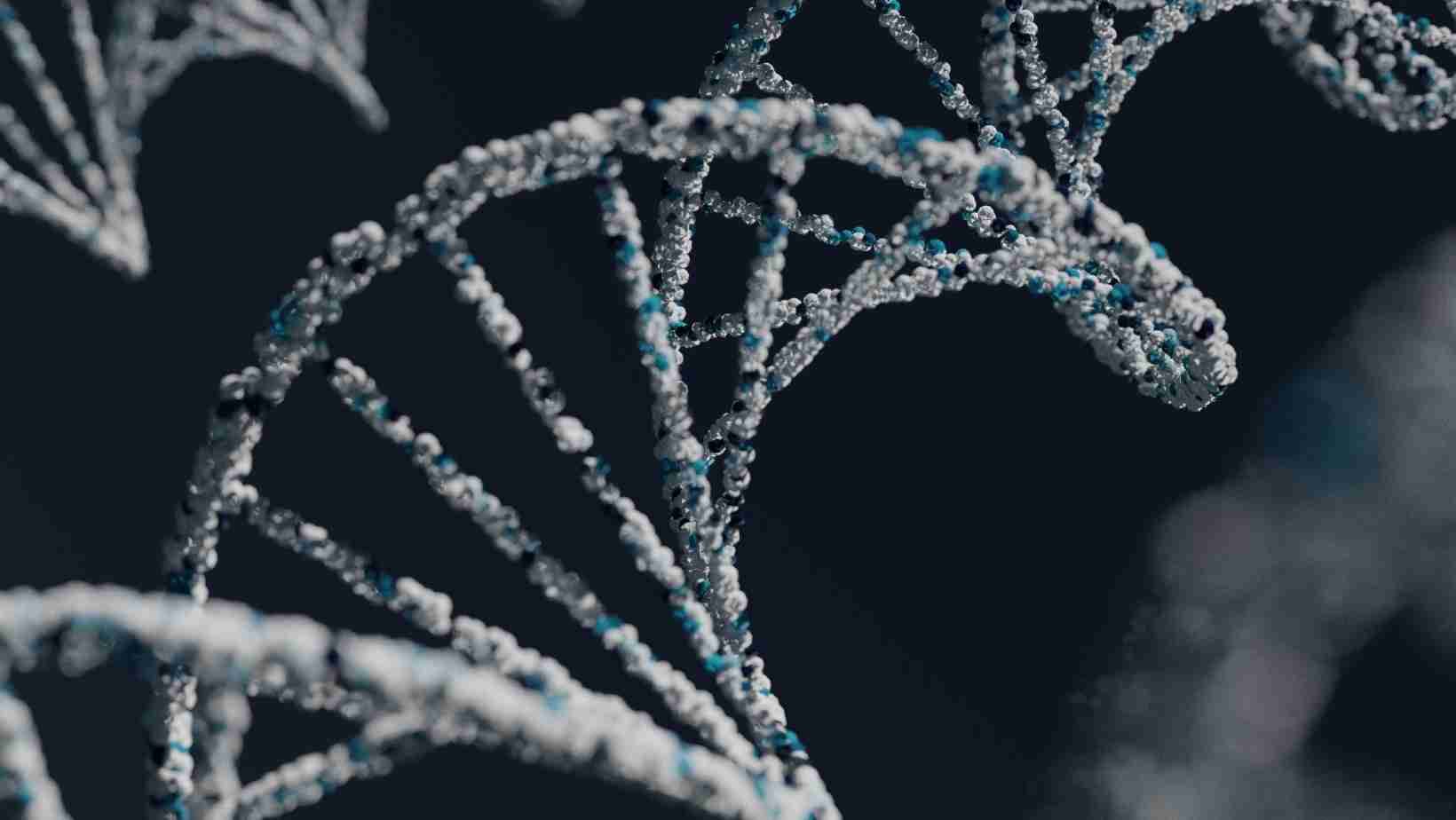
Dr Chandril Chugh
MBBS ( Delhi), MD, DM(ABPN), Neurosurgenology, FAHA, FACP, FINR, FNCC
Consult the Top Neurologist for Children's Genetic Brain Disorders
What are Genetic Brain Disorders in Children?
When a child’s genes have changes (mutations), it can affect how their brain forms and works. These problems can start before birth and may show up as the child grows older.
How Do Genetic Disorders Affect a Child’s Brain Development?
A genetic disorder changes how the brain grows, works, and communicates with the rest of the body. These changes can happen for two main reasons:
- Inherited Disorders: Passed down from parents
- Spontaneous Disorders: Happen suddenly without family history
These gene changes affect the brain’s wiring, often causing trouble in learning, movement, and behavior. Sometimes, they damage nerve cells or slow brain growth. This results in challenges that last a lifetime if not managed early.
What Are the Key Differences Between Neurological and Genetic Brain Disorders?
It’s easy to confuse brain disorders that are genetic with those that happen due to injury or illness. Let’s make it simple:
| Feature | Genetic Brain Disorders | Neurological Disorders (Acquired) |
|---|---|---|
| Cause | Gene mutation (inherited or spontaneous) | Infection, trauma, lack of oxygen |
| When it starts | Often before birth or in early childhood | Any age |
| Can it be passed in family? | Yes | Usually no |
| Example | Rett Syndrome, Fragile X Syndrome | Brain injury, meningitis |
Stat: According to the National Institute of Neurological Disorders and Stroke, about 600 genetic disorders affect the nervous system.

What Are the Most Common Genetic Disorders in Children?
Some genetic disorders in children are seen more often than others. They impact brain development in different ways.
Common Genetic Disorders Linked to Brain Development
These are some common genetic disorders that affect a child’s brain:
- Fragile X Syndrome: A leading cause of inherited intellectual disability in boys. It affects behavior, speech, and learning.
- Rett Syndrome: Seen mostly in girls. Children lose skills they had earlier, like walking or talking.
- Tuberous Sclerosis: Causes tumors in the brain. May lead to seizures, learning problems, and behavior changes.
- Lissencephaly: A brain that is smooth instead of having folds. Causes severe delays.
- Phenylketonuria (PKU): Without treatment, can lead to brain damage.
- Down Syndrome: A well-known disorder due to extra chromosome 21. Causes learning delays and unique facial features.
Each condition affects kids differently but all require long-term care and support.
Read: Common Neurological Disorders in Children: Symptoms and Treatments
Prevalent of Disorders in the Pediatric Population
- Global statistic: According to WHO, 1 in every 33 infants is born with a genetic disorder. Many of these involve the brain.
- Fragile X Syndrome: 1 in 4,000 boys
- Rett Syndrome: 1 in 10,000 girls
- Tuberous Sclerosis: 1 in 6,000 children
These numbers may seem small, but early diagnosis can make a big difference.
What Are the Different Types of Genetic Disorders in Children?
There are different types of genetic disorders, based on the kind of gene change that caused them.
Single-Gene Disorders
In these disorders, one single gene has a problem.
- Tay-Sachs Disease: Affects nerve cells; common in some ethnic groups.
- Huntington’s Disease: Rare in children but possible.
These usually run in families. A child may inherit the faulty gene from one or both parents.
Chromosomal Disorders
Here, the child has extra, missing, or broken chromosomes.
- Down Syndrome: Extra chromosome 21.
- Patau Syndrome: Extra chromosome 13, usually fatal in early infancy.
These cause serious brain and body problems from birth.
Multifactorial Disorders
Caused by both genes and environment.
- Example: Some forms of epilepsy or autism
Not fully inherited, but genes play a role.
Mitochondrial Disorders
These come from problems in the cell’s energy center (mitochondria).
- Leigh Syndrome: Affects brain and muscles
- MELAS: Can cause stroke-like episodes, seizures
These are often progressive and need expert care.

Causes of genetic disorders
Understanding how your genes and DNA function will help you better understand the causes of genetic disorders. Your genes contain a large portion of DNA that tells the body how to build proteins. These proteins initiate intricate cell interactions that support your wellbeing.
A mutation alters the instructions that the genes use to make proteins. There might be protein deficiencies. Or the ones you currently possess don’t work properly. Environmental factors, commonly called mutagens, that can cause genetic mutations include:
- Exposure to chemicals.
- Exposure to radiation.
- Smoking.
- UV radiation from the sun
Genetic Disease Symptoms and Signs
If there is a history of genetic problems in your family, specialists advise genetic counselling and testing. To eliminate any future uncertainties, you might have a risk assessment done.

Antenatal testing
Prenatal genetic testing comes in two flavours: screening and diagnostic. Screening tests establish the likelihood that your child will have genetic abnormalities. Foetal cell diagnostic testing determines whether or not such a condition is present. Non-invasive prenatal testing (NIPT) is one illustration.

Predictive Analysis
This test is for people who do not have a history of genetic disorders in their families but nevertheless want to rule them out.

Determine your carrier status
Doctors examine DNA taken from cheek cells or blood. Whether you or your partner have genes connected to a disorder is confirmed by this test.

Pre-Injection Evaluation
It is only available to those choosing in-vitro fertilisation. Prior to implantation into the uterus, it evaluates an embryo for any potential genetic abnormalities.

NBS: Newborn Screening
It entails examining a newborn for any potential chromosomal anomalies. If the illness is diagnosed early, it can be managed.
Treatment
Most genetic diseases are incurable. Some diseases offer treatments that could halt their progression or minimise their negative effects on your life. Depending on the nature and severity of the ailment, you may need a certain sort of treatment. Others may not be treatable, but we can offer medical supervision to try to spot issues early.
You could require
- Chemotherapy to stop uncontrolled cell growth or medications to treat symptoms
- Get the nutrients your body requires with the help of nutritional counselling or dietary supplements.
- To the best of your abilities, seek out physical, occupational, or speech therapy.
- A blood transfusion to replenish healthy blood cell numbers.
- To cure issues or perform surgery to fix faulty structures.
- Specialised medical procedures, such as radiation therapy for cancer.
- Transplanting an organ involves replacing a non-working organ with one from a healthy donor.
Types of Genetic Disorders
Disorder of Monogenic Inheritance
Monogenic disorders are genetic conditions caused by changes in a single gene's DNA sequence. One or two copies of the faulty gene could be inherited from the person's parents.
Sickle-cell anaemia, cystic fibrosis, Huntington's disease, thalassemia, and Marfan syndrome are examples of this category.
Disorder with multiple factor inheritance
Multifactorial genetic diseases are genetic abnormalities caused by gene mutations in many genes. These mutations may also be brought on by environmental factors.
Diabetes, arthritis, hypertension, cardiovascular abnormalities, and Alzheimer's disease are a few examples of this category.
Why might a person seek genetic advice?
- A genetic consultation may be helpful for people or families who are concerned about an inherited condition. A person may be sent to a genetic counsellor, medical geneticist, or another genetics specialist for the following reasons:
- History of personal or family history of genetic cancers, abnormalities, birth defects, or genetic diseases.
- A youngster with a recognised hereditary condition, birth defect, intellectual handicap, or developmental delay.
- Abnormal test outcomes that point to a chromosomal or genetic disorder.
- People who are related by blood tend to start a family together, just like their cousins. (A child whose parents are linked could be more likely to inherit specific genetic diseases.)
- The decision to undergo genetic testing should be made after consulting a genetic expert. Even if testing is not available for a particular issue, a consultation with a genetics expert may be beneficial

When should I see a doctor for a genetic disorder?
It is imperative to seek medical attention from a qualified healthcare professional in the event of a suspected genetic disorder. The manifestation of genetic disorders can vary widely, ranging from mild to severe symptoms, and may present at any stage of life. Early diagnosis and intervention can significantly improve the prognosis and quality of life for individuals affected by genetic disorders. Prompt medical attention can help mitigate the potential complications associated with genetic disorders.
How to Choose the Right Pediatric Neurologist for Genetic Brain Disorders?
Choosing the right expert can bring clarity and peace.
What Qualifications and Experience Should You Look For?
- Board-certified
- Special training in pediatric genetics and brain health
- Good reviews from other parents
Look for experience in rare brain diseases in children and complex care.
How Do Top Neurologists Personalize Care for Genetic Conditions?
- Use genetic reports to shape therapy
- Track progress over time
- Adjust medications and therapies often
This helps create a flexible plan that grows with your child.
Where Can You Find Reputed Pediatric Neurology Clinics or Specialists?
In India:
- Apollo Hospitals
- Max Super Speciality
- AIIMS Pediatric Neurology Department
In the US:
- Mayo Clinic
- Boston Children’s Hospital
- Cleveland Clinic
Search pediatric neurologist near me to find local options.
Why Early Consultation With Dr. Chandril Chugh Matters?
If your child shows signs of a genetic disorder, don’t delay. Dr. Chandril Chugh is a US-trained, board-certified neurologist who specializes in complex brain conditions, including pediatric ADHD, strokes, memory loss, and more.
He offers cutting-edge care for children with genetic disorders, working closely with families to provide answers, treatment, and hope.
Book your child neurologist consultation with Dr. Chugh today, because every child deserves the best chance at a healthy brain.
